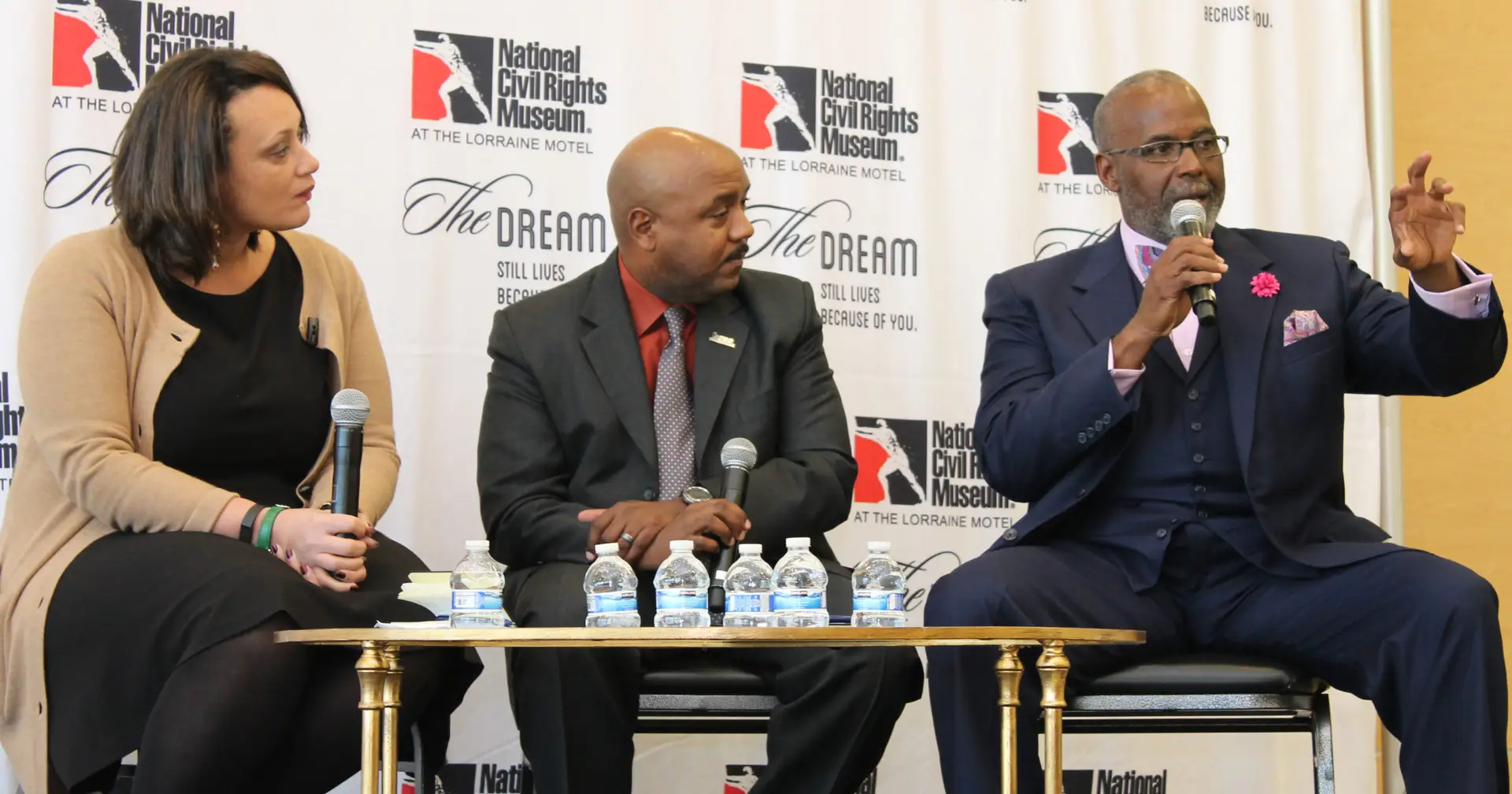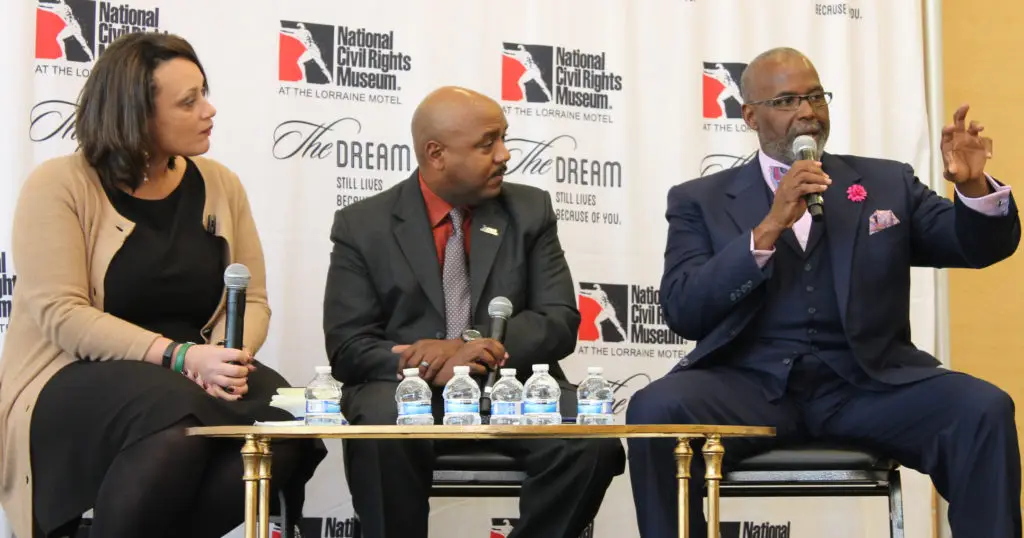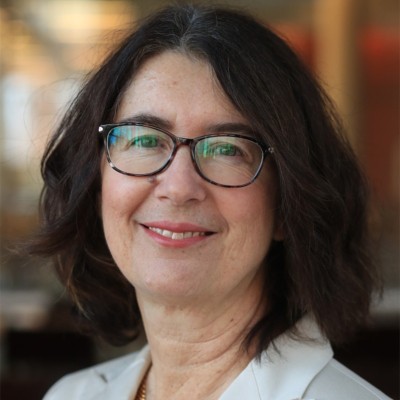We recently invited Kenneth L. Campbell, Founding Board Member of the Black Alliance for Educational Options (BAEO), Tonya Allen, President and CEO of the Skillman Foundation in Detroit, and Raymond A. Jetson, Pastor at Star Hill Church in Baton Rouge and President/CEO of MetroMorphosis, to share their thoughts on education reform and community engagement. In a room full of education reformers (Portfolio Network members), they very candidly laid out what they see as problems within the movement, and the changes needed to sustain it.

Ken began by asking Tonya and Raymond for their thoughts about the tension between having an urgent “children first agenda” and the need to take the time to really understand and engage a community. Long-term sustainability requires both, he said, but often we are forced into a false choice. He then asked, “How do we convince reform leaders and funders of the importance of engaging the community and doing it in deep and authentic ways?”
Among the important points they all raised:
- The language used by education reformers often offends and alienates potential allies.
- We must recognize that education reform can’t be done to communities or for communities, it must be done with communities.
- We can’t save a child without engaging the environment around that child.
- Children are the most important consideration, but we lose people when we don’t acknowledge that secondary and tertiary things (economic challenges, adult relationships, school legacies) also matter to the community.
This conversation followed on Raymond Jetson’s compelling remarks to Portfolio Network members at the Civil Rights Museum in Memphis. We’ve divided it into shorter segments, but you’ll want to hear the whole discussion. Listen in…
How can we become smarter about reform if we don’t really understand why people oppose us?
Your browser does not support automatic play. Please read the transcript below.
Are we alienating potential allies in communities?
Your browser does not support automatic play. Please read the transcript below.
Is the focus on replicating “heroic” schools a sustainable strategy?
Your browser does not support automatic play. Please read the transcript below.
Are we a movement that lacks compassion?
Your browser does not support automatic play. Please read the transcript below.
Are we asking too much of the parents who are least well-equipped to advocate for reform?
Your browser does not support automatic play. Please read the transcript below.




